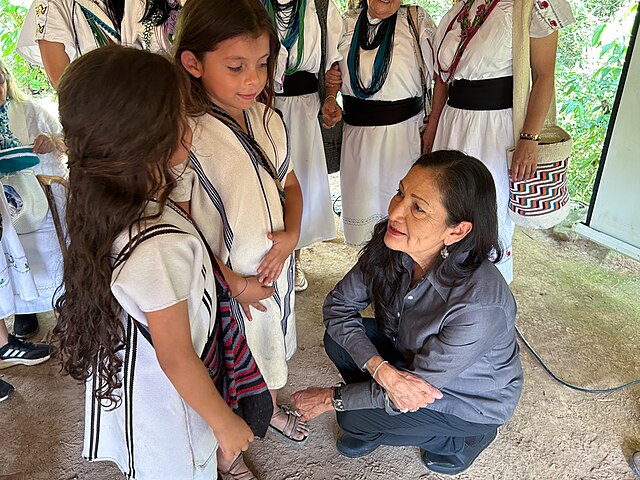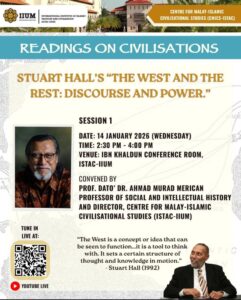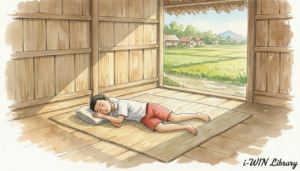Afro-Colombian Resistance to Structural Racism in the Context of the Black Lives Matter Movement (2020–2024)

Author (s) : Raynathan Heskia Mamahit
Institution : Student at Satya Wacana Christian University, Indonesia
Category : Article, IJMMU
Topics : Afro-Colombian; Structural Racism; Black Lives Matter; Colombia
In recent years, Afro-Colombians have been changing the way they fight against deep-rooted racism. This shift gained momentum particularly after the Black Lives Matter (BLM) movement became
globally recognized in 2020. This study looks at data from DANE and the Encuesta de Calidad de Vida (ECV 2023), along with academic works, to understand the effects of racial inequality and how
communities push back against it. The study uses George Lipsitz’s theory of structural racism and focuses on three important areas: where people live and the financial challenges they face; eight key signs of structural inequality, such as education, health, housing, and overall well-being; and how BLM drives local action through media, cultural activities, and grassroots movements. The results show that in
Colombia, structural racism is well established due to historical and policy issues. In this scenario, BLM serves as more than just a symbol. It acts as an international force uniting people. It also offers AfroColombian communities a strategic platform to demand justice and inclusion. Through BLM, these communities can advocate for fair treatment and equal opportunities, connecting their local struggles to a
global stage. This highlights the need for change and supports efforts to address enduring inequalities.
Article can be downloaded here >> https://ijmmu.com/index.php/ijmmu/article/view/6808/5473








